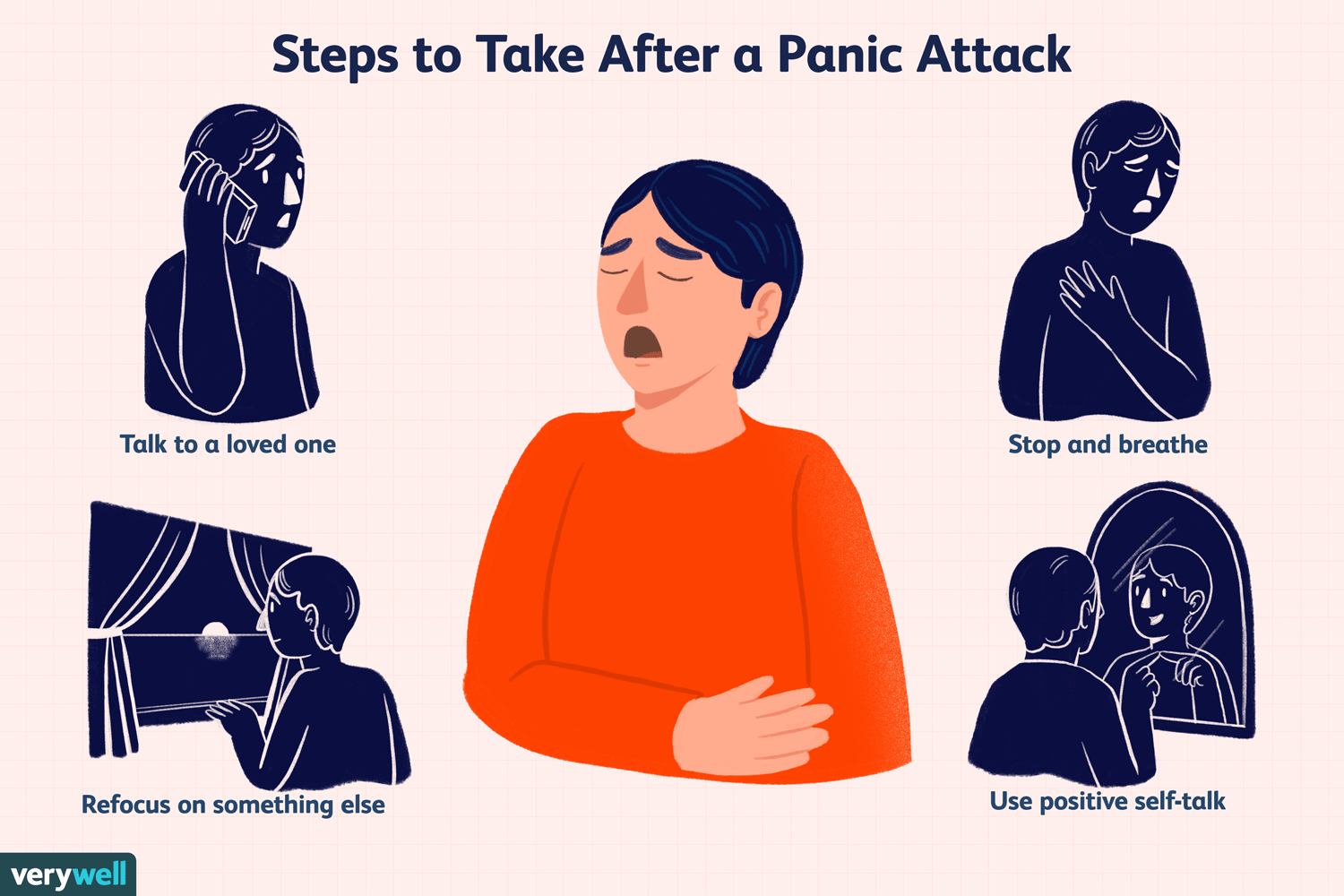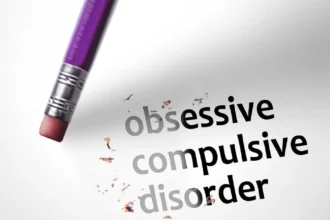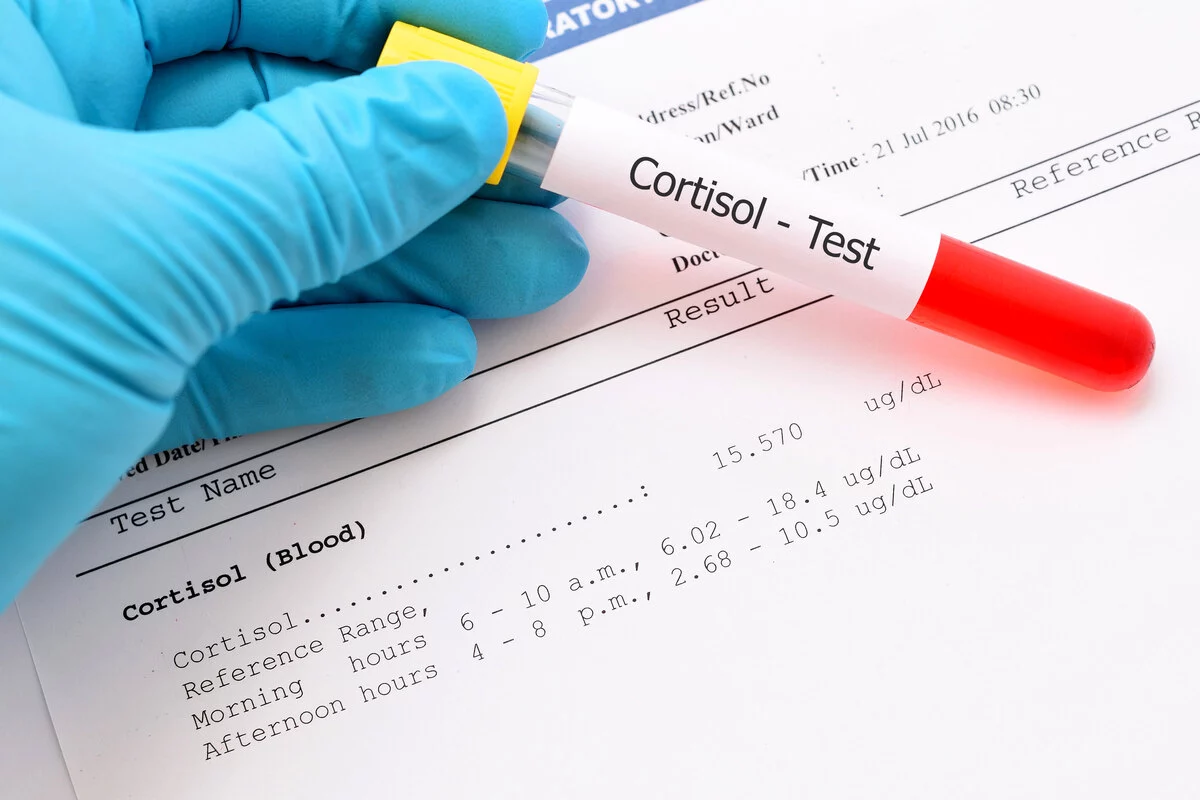Post anesthesia anxiety attacks can be a distressing experience for individuals recovering from surgical procedures. These attacks, also known as post-operative panic attacks, involve intense feelings of panic or fear following anesthesia administration. In this article, we will delve into the causes, symptoms, and strategies for managing post-anesthesia anxiety attacks. If you or a loved one have encountered this post-operative challenge, read on to gain valuable insights and guidance.
Causes of post anesthesia anxiety attacks
Post anesthesia anxiety attacks can stem from various factors:
- Physiological Response: The body’s response to anesthesia can sometimes trigger anxiety symptoms. The medications used during anesthesia, along with the stress of surgery, may contribute to heightened emotional sensitivity during the recovery period.
- Fear of the Unknown: The uncertainty surrounding the surgical procedure, coupled with the anticipation of potential complications or pain, can create a fertile ground for anxiety to flourish.
- Pre-existing Anxiety Disorders: Individuals with a history of anxiety disorders may be more susceptible to experiencing post-anesthesia anxiety attacks. The stress associated with surgery and the effects of anesthesia can exacerbate their pre-existing condition.
Symptoms of post anesthesia anxiety attacks
Recognizing the symptoms of post anesthesia anxiety attacks is crucial for timely intervention and support. The following signs may manifest during an episode:
- Intense Panic or Fear: Individuals may experience overwhelming feelings of panic or fear that may be difficult to control.
- Rapid Heartbeat: A racing or pounding heart is a typical physiological response during an anxiety attack.
- Shortness of Breath: Breathing difficulties, such as feeling breathless or experiencing shallow breathing, can be distressing.
- Trembling or Shaking: Uncontrollable trembling or shaking of the body or limbs may occur.
- Sweating and Clamminess: Profuse sweating and clammy sensations are typical physical manifestations of anxiety attacks.
Managing post anesthesia anxiety attacks
While post anesthesia anxiety attacks can be challenging, there are strategies to help manage and alleviate symptoms. Consider the following approaches:
- Communication with Healthcare Providers: Openly discuss your concerns and fears with your healthcare team. They can provide reassurance, answer questions, and develop a tailored plan to support your emotional well-being during the recovery period.
- Deep Breathing and Relaxation Techniques: Practice deep breathing exercises and relaxation techniques, such as meditation or progressive muscle relaxation, to help calm the mind and body.
- Cognitive Behavioral Therapy (CBT): Consider seeking the support of a mental health professional trained in CBT. CBT can help identify and modify negative thought patterns and behaviors associated with anxiety.
- Support System: Surround yourself with a supportive network of family and friends who can offer understanding, encouragement, and a listening ear during your recovery process.
The Importance of Addressing post anesthesia anxiety attacks
Post-anesthesia anxiety can significantly impact a person’s overall well-being during the recovery period after surgery. It can hinder the healing process, disrupt sleep, and lead to increased stress levels. By recognizing and addressing post-anesthesia anxiety, individuals can take proactive steps towards better emotional well-being and a smoother recovery.
Preparing for Surgery: Communicating Your Concerns with the Medical Team
Open communication with the medical team is essential before undergoing surgery. It’s crucial to express any concerns or fears about post-anesthesia anxiety to healthcare providers. They can offer reassurance, provide information about the anesthesia process, and develop a personalized plan to help manage anxiety during the recovery period.
The Role of Anesthesia in post anesthesia anxiety attacks
Anesthesia, although necessary for surgical procedures, can have an impact on emotions and anxiety levels. The medications used during anesthesia can affect the central nervous system and contribute to heightened emotional sensitivity. Understanding this connection can help individuals better comprehend why post-anesthesia anxiety attacks may occur.
Coping Strategies: Techniques for Managing Anxiety During the Recovery Period
Various coping strategies can be employed to manage post anesthesia anxiety attacks. Deep breathing exercises, relaxation techniques (such as meditation or progressive muscle relaxation), and engaging in calming activities can help alleviate anxiety symptoms. Creating a soothing environment, practicing self-care, and distracting oneself with enjoyable activities can also be beneficial.
Seeking Professional Help: The Benefits of Cognitive Behavioral Therapy (CBT)
Cognitive Behavioral Therapy (CBT) is an evidence-based therapeutic approach that can effectively help individuals manage anxiety. CBT focuses on identifying and modifying negative thought patterns and behaviors associated with anxiety. Seeking the support of a mental health professional trained in CBT can provide valuable tools and strategies to cope with post-anesthesia anxiety attacks.
Medication Options for post anesthesia anxiety attacks: What You Need to Know
In severe cases, healthcare providers may prescribe short-term anti-anxiety medications to alleviate symptoms. These medications should be discussed with a qualified medical professional, who can provide guidance on their appropriate use, potential side effects, and any necessary precautions.
Building a Strong Support System: Enlisting the Support of Loved Ones
Having a supportive network of family and friends can significantly contribute to managing post-anesthesia anxiety. Loved ones can provide understanding, encouragement, and a listening ear during the recovery process. Sharing fears and concerns with trusted individuals can help alleviate anxiety and provide emotional support.
Long-Term Management: Preventive Measures for Future Surgical Procedures
If individuals anticipate undergoing future surgical procedures, it’s essential to discuss the history of post-anesthesia anxiety attacks with the medical team. Together, they can develop preventive measures to reduce anxiety during future surgeries, such as adjusting anesthesia medications or incorporating additional anxiety management techniques.
Staying Informed: Educating Yourself about post anesthesia anxiety attacks
Knowledge is empowering. By staying informed about post-anesthesia anxiety attacks, individuals can gain a better understanding of the condition, its potential causes, and available management strategies. Educating oneself can help alleviate anxiety and facilitate more effective communication with healthcare providers.
Moving Forward: Empowering Yourself on the Path to Emotional Well-Being
Post-anesthesia anxiety attacks should not hinder individuals from seeking the care they need or living life to the fullest. By utilizing the information, strategies, and support available, individuals can empower themselves on their journey toward emotional well-being. It’s important to remember that with proper management and support, the impact of post-anesthesia anxiety can be minimized, allowing individuals to move forward with confidence and resilience.
Post anesthesia anxiety attacks can be distressing, but with the right support and strategies, they can be effectively managed. By understanding the causes, recognizing the symptoms, and employing coping techniques, individuals can navigate the recovery period with greater ease. If you or someone you know experiences post-anesthesia anxiety attacks, remember that seeking professional guidance and support is crucial. With proper care and assistance, the journey toward emotional well-being after surgery can become smoother and more manageable.
Read more: When a woman has had enough quotes












